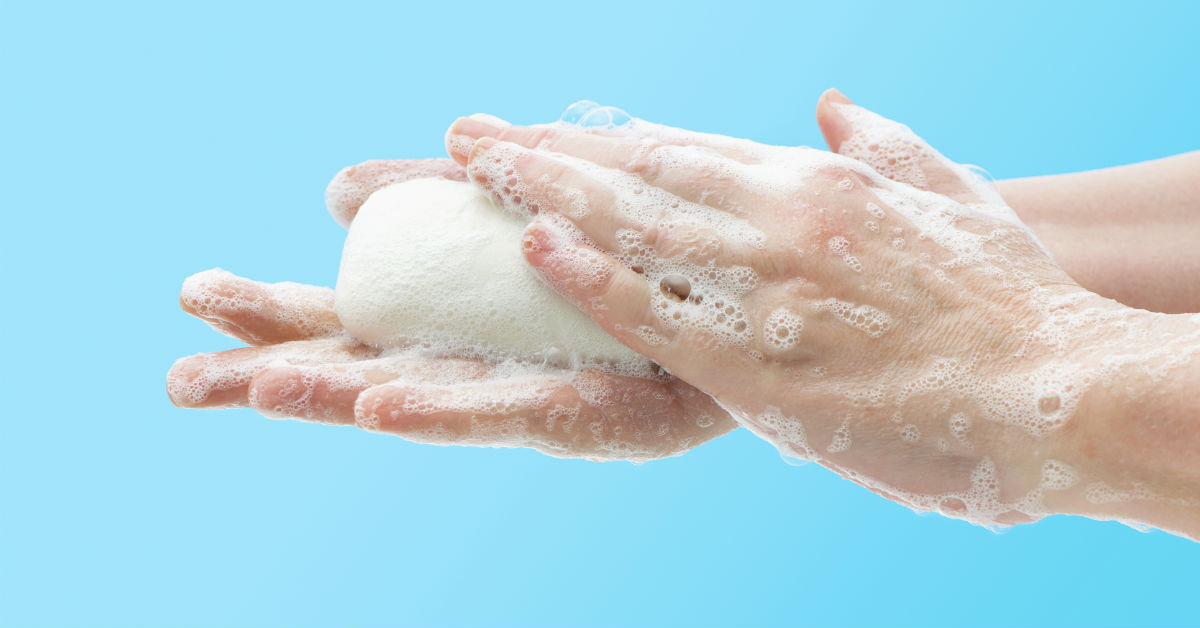
Handwashing, cough and sneeze etiquette are key for combating COVID-19
GREEN BAY – BayCare Clinic is helping to prepare the Green Bay area and northeastern Wisconsin for a potential outbreak of COVID-19, also known as coronavirus.
Those preparations are largely focused on educating the public and reinforcing common-sense tactics designed to slow the spread of infection – handwashing, cough and sneeze etiquette and social distancing (avoiding large crowds, not shaking hands and maintaining personal space of at least 6 feet).
Several coronavirus strains typically circulate among the general population, causing mild illnesses like the common cold. However, COVID-19 is a previously unidentified coronavirus strain. The viral infection originated in Wuhan, China, and has a link to seafood and live animal markets.
COVID-19 causes fever, cough and shortness of breath, according to the federal Centers for Disease Control and Prevention. In severe cases, it also results in breathing difficulties or shortness of breath, persistent pain or pressure in the chest, new confusion or inability to arouse, and bluish lips or face.
The spread of COVID-19 led Wisconsin to declare a public health emergency on March 12. That’s why it’s important to stay informed and follow recommendations on how best to minimize COVID-19 infection, BayCare Clinic experts say.
“We continue to monitor the CDC and the Wisconsin Department of Health Services for updates on COVID-19,” says Karen Miller, Director of Care Management and Quality with BayCare Clinic. “The situation is emergent, constantly changing.
“One thing that will not change, however, is our emphasis on reminding the public to follow diligent hand hygiene, especially after using the restroom, before eating and after blowing your nose, coughing or sneezing into your hands.
“We cannot stress enough the importance of proper handwashing hygiene,” Miller says. “Wash your hands frequently. Use soap and water for at least 20 seconds, especially after you’ve been in a public place or after blowing your nose, coughing or sneezing. If soap and water aren’t available, use a hand sanitizer that contains at least 60 percent alcohol.”
People who feel their symptoms closely match those of COVID-19, especially if they’ve been in contact with a confirmed COVID-19 patient or have traveled to areas where the infection has been rampant, should call their health care provider.
“Older patients and individuals who have severe underlying medical conditions or are immunocompromised should contact their healthcare provider early, even if their illness is mild,” the CDC says. “Your doctor will determine if you have signs and symptoms of COVID-19 and whether you should be tested.”
BayCare Clinic has not seen any COVID-19 patients at this time, Miller says. The organization continues to prepare for that possibility.
“We’ve implemented several practices to keep patients and their families and our clinic visitors safe during this time,” she says. “We have added information to all appointment reminder phone calls that ask patients to notify us before their appointment if they have a fever or respiratory symptoms, have had recent travel or have had a known exposure to an individual with COVID-19.
“Patients are being advised if they have an upcoming appointment and any of these apply, to call us prior to their appointment so we can ensure they are seen in the most appropriate location, thereby helping to reduce spread to other patients and the community.
“Our clinics have the appropriate protective equipment to keep both our patients and staff safe and are ensuring appropriate and thorough cleaning of our practice locations,” Miller says.
Visit cdc.gov or dhs.wisconsin.gov for reliable, up-to-date information about COVID-19.